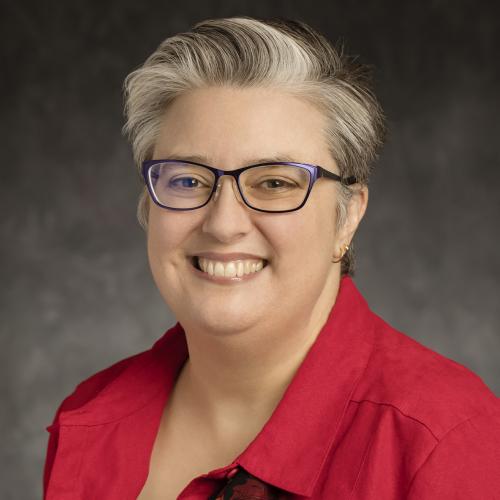GSLIS faculty members Catherine Blake and Michael Twidale are working as expert advisors to the US Department of Veterans Affairs (VA) Information Resource Center (VIReC) on a project to analyze the socio-technical aspects of VA’s HSRData-L Listserv. VIReC is a VA Health Service Research & Development Service (HSR&D) resource center that supports VA researchers in need of information about data resources specific to their research. HSRData-L is a virtual community of VA researchers who share their collective knowledge and experience about VA data and information systems for the betterment of research focused on Veteran’s issues.
The project aims to better understand essential socio-technical aspects of the listserv and the information ecology in which it sits to maximize the findability and re-use of information generated by VA data users and to provide recommendations for improving its infrastructure. “Data is just one piece of the complex information ecology researchers use to support scientific discovery,” Blake explains. “The diverse and data rich environment of VA health services research provides us with a unique opportunity to explore the human to human conversations around data and thus design socio-technical systems that support user-generated content around data.”
Blake, GSLIS associate professor and associate director of the Center for Informatics Research in Science and Scholarship, will contribute socio-technical data analytics and text mining expertise to the project. Twidale, GSLIS professor, will contribute computer-supported cooperative work and interactive system design expertise. GSLIS doctoral student Caryn Anderson, who has worked extensively with knowledge management in the U.S. military, will also work on the project.
The team is led at the VA by Maria Souden, VIReC associate director for communications. Souden has a master’s and a PhD in information and has conducted research in the area of health information use and information behavior. “We are excited for the opportunity to bring GSLIS’s expertise in user-centered design and socio-technical data analytics to this project. The team will help us to foster the kind of collaborative work and skill sharing that will enhance the experience of VA data users and support the best possible use of available resources,” said Souden.

Twidale agrees: “Ultimately, we want to help VA researchers discover informational resources that will help them to further their mission of care. Being able to share their experiences processing and analyzing datasets can raise overall productivity and enable better insights from the data.” The team will provide recommendations to help the VA develop better resources for sharing user-generated knowledge.

